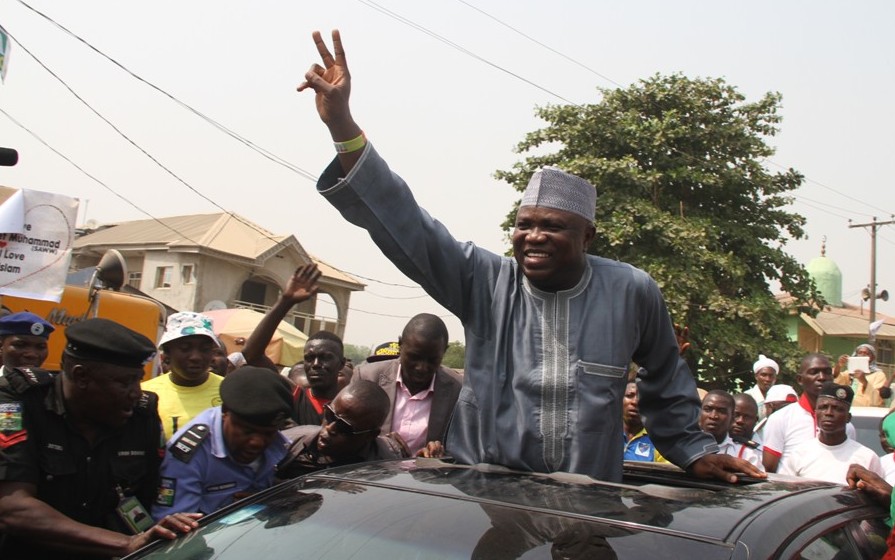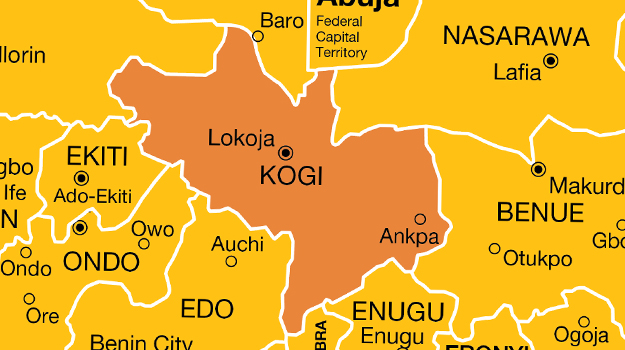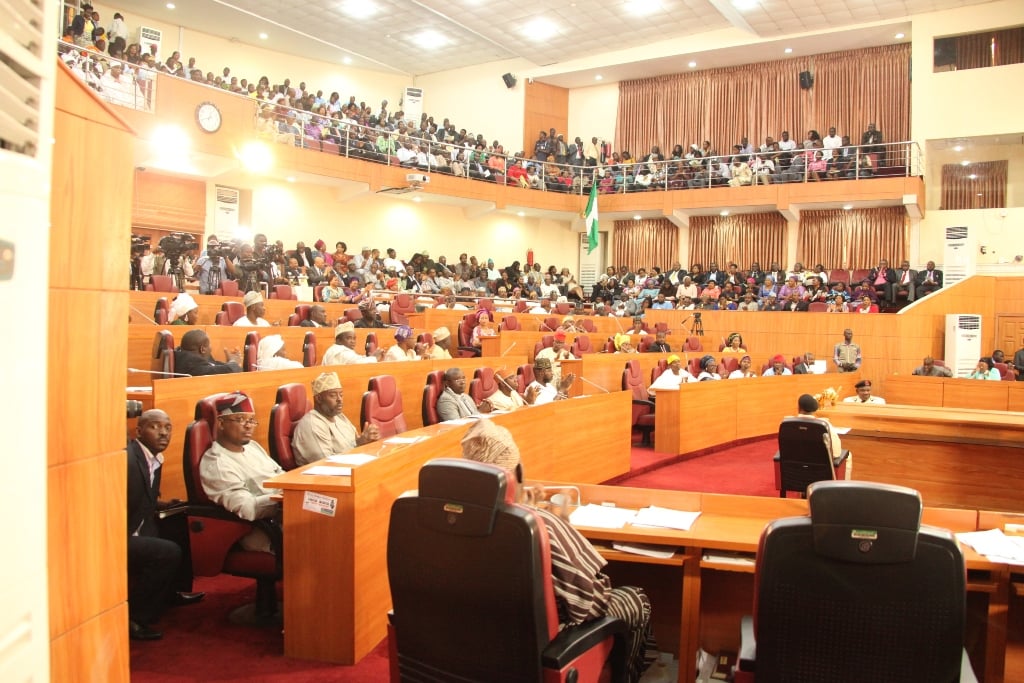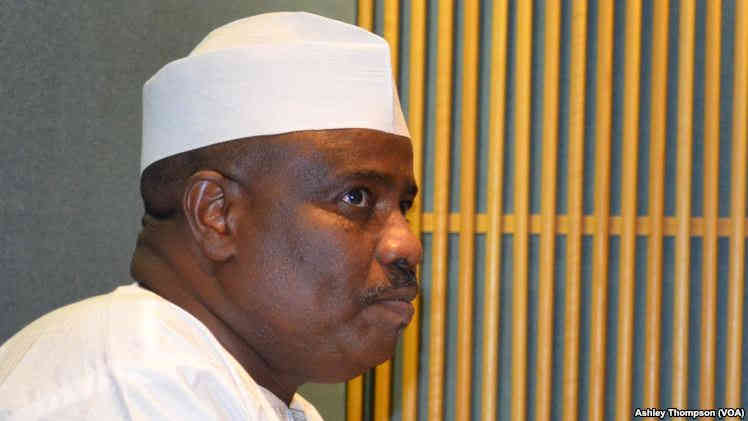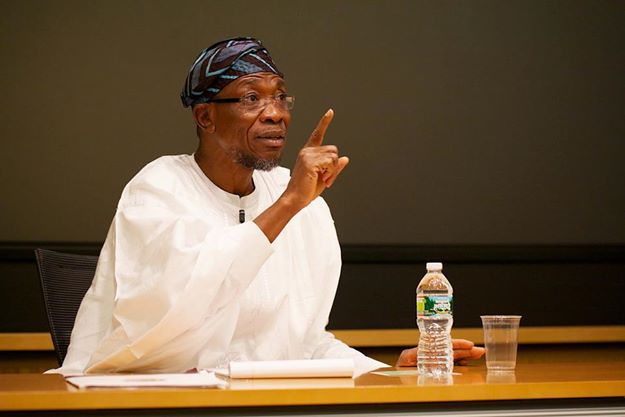By Yakubu Musa
There was a palpable concern, especially among a section of Kano’s elites, on what would befall the state’s renaissance after the golden era of Engr. Rabiu Musa Kwankwaso. Would the commercial nerve center of northern Nigeria be fortunate again to have a man at the helm affairs imbued with Kwankwaso’s remarkable traits? Would there be another zealot to sustain the tempo of the revolution witnessed in the last 4 years?
These and many other questions, no doubt, agitated patriotic Kanawa’s minds since the time Kwankwaso began to alter irrevocably, the political complexion of Kano politics and its development. But not even the emergence of Governor Abdullahi Umar Ganduje as Kwankwaso’s successor completely helped to douse the tension.
Indeed, while there was no iota of doubt as regard to Ganduje’ vast intellect and experience, it was still difficult to convince all and sundry that he was the man to reproduce the same hunger for success, and the unmatched energy, which Kwankwaso displayed in governing the state.
A part from his stellar records of performance, Ganduje’s predecessor, had the kind of X-factor rarely seen among politicians of his generation, which conferred on him the status of cult-figure of sort. Ganduje on the other hand, was a politician to perpetually endure living in the shadow of his former boss– in order to convince him as a worthy successor. He was the proverbial patient dog, who ended up with fattest bone in the mouth.
Advertisement
Although the jury is still out for Ganduje, his sure-footed start in the office has so for been reassuring. The manner he hit the ground running, announcing some far-reaching cost-saving reforms as well as assembling some of the finest brains to assist him in the task ahead, have undoubtedly struck chord with Kanawas.
There’s indeed a reason to be enthralled at the quality in parade at Ganduje’s cabinet. From the deputy governor, Prof Hafiz Abubakar who oversees education, to Prof Kabir Isa Dandago, Comrade Mohammed Garba and Faruk Bibi Faruk among others, there’s enough to convince us that our sense of foreboding was after all hyperbolic.
We at Kano Renaissance Think Thank (KRTT), a convergence of patriotic intellectuals at the vanguard of agenda-building for the state and beyond, are particularly exited at the appointment of Dandago as commissioner of finance.
Advertisement
With both Dandago, an archetypal enthusiast of development and the Secretary to the State Government (SSG), Engr. Rabiu Suleiman Bichi, being actively part of the think tank, we can only but hope for more attention to be given to the group’s recommendations, which are all aimed at taking Kano to the next level of development.
Indeed the KRTT led by amiable Prof. Abba Gumel, whom I humbly deputise as the Vice Chairman has so far produced two volumes of agenda- setting literature which governor Ganduje can find very useful.
For instance, despite the fact that much has been achieved in education sector under Ganduje’s predecessor, KRTT is of the opinion that a lot of hard work still needs to be done to ensure quality of education in the state.
At the foundation level particularly, striking a balance between quantity and quality has been a major challenge for politicians across the country. The statistics indicating improvements in enrollments are part of what the politicians relish flaunting as a major feat, but in most cases achieved at the expense of quality.
Advertisement
Again, despite the much talked-about training and retraining of teachers, many a teacher– if the truth must be told– are not even trainable. As a matter of fact, these kind of teachers belong to another profession, not the all-important business like teaching. The system can therefore do with some purging since it cannot afford to continue rewarding those who sabotage the foundation of our children’s education future.
It’s in this light that the KRTT recommends some carrot and stick measures which include, the formation of an independent Teachers Quality Assurance Board, tasked with the hiring quality teachers, and ensuring that only those who meet the national academic requirement (NCE/degree) are allowed to teach in our schools.
In the same vein, the establishment of Teachers Code of Conduct Board to, among other things, handle all cases of indiscipline, abuse of children, exam malpractice and all other unethical and unprofessional conduct by teachers, is suggested.
There’s also a suggestion for the formation of an independent Curriculum Review Committee, tasked with carrying out periodic review of the primary and secondary school curricula.
Advertisement
The KRTT believes that the review should be carried out every three years while the existing curricula should be revised to emphasize, among others, “quality training (depth and breadth) critical, analytical and systematic thinking/reasoning originality, excellence, creativity, curiosity, competence, innovation, efficiency and quest for knowledge”.
Science secondary schools in the state have done exceedingly well in producing some world-class scientists and engineers who continue to contribute in its development , as well as in raising its scientific and technological profile all over the world. Returning them to their old good days of glory is part of key suggestions in KRTT’s documents.
Advertisement
In order to achieve that, however, KRTT believes that the template of the 70s and 80s (where admission was strictly based on merit, teachers are top-notch and well-paid and teaching/learning resources were in abundant supply) be revisited.
Thus the strategies used to hire quality teachers to teach in the science secondary schools, in those years should be adopted by the board. This entails scouting for, and hiring, quality (and well-paid) teachers from within Nigeria and beyond.
Advertisement
In the healthcare sector, the dream of KRTT is to see Kano becomes the hub of medical tourism of sub-Saharan Africa. The government is therefore urged to take the advantage of Public Private Partnership (PPP) window to establish a world class hospital, fully equipped with modern diagnostic/laboratory equipments. Under the arrangement the government should retain 40% of the stake leaving the remaining 60 per cent to investors. Two newly built but abandoned hospitals in Zoo road and Giginyu, are cited as ideal for the project.
Yet the KRTT also recommends for the use of telemedicine to improve quality and access of healthcare to rural populace while electronic health record be introduced in the system in line with the global best practices.
Advertisement
There’s also the need for the improved budgetary allocation to health sector to, at least 15 per cent, as recommended by the World Health Organisation (WHO), while priority accorded to health insurance scheme in order to guarantee universal health coverage. Jaiz and other banks with Islamic finance window can be involved to provide compliant packages for diverse costumers.
Again, KRTT believes Kano should also woo pharmaceutical and vaccine industries to the state in order to meet local and national consumption. This has value chain to create jobs and improve the economy.
Yet no dream of industrialisation can be actualized without tackling energy needs of the state. Kano is, no doubt, amongst the worst hit by “Dutch Disease” as most of its factories are shutdown. It’s heartwarming, however, that the government has gone far in the construction of 35- megawatts hydro power station for the state. However, the dream of the KRTT is to see at least 500 megawatts is generated in the near future through multiple sources.
As Kano is not yet linked to the existing gas pipeline infrastructure in the country, it would do the state the world of good if Governor Ganduje would spearhead the efforts to see that’s done.
Other suggestions include “partnering other northern states with natural gas reserve potentials like Bauchi and Gombe States, with the aim of pioneering a gas-to-power structure, and the adoption of the Distributed Generation (DG) off-grid strategy whereby the IPP supplies to a captive market (eligible buyers in the industrial estate)”.
Yet the KRTT wants see a Commission on Alternative Energy to be saddled with the responsibility of implementing most of the recommendations contained its energy report.
While industrialising Kano State is crucial to its development, formulation of effective agricultural policies was another area explored by the KRTT. But governor Ganduje has already appointed some of the best hands to handle KASCO and KNARDA as if he had already looked into the KRTT’s document which seeks for revatalisation of agricultural development project (ADPs) in the state.
It’s thus our hope to see that farmers in the state receive more incentives and new regulations are enacted to ensure that these incentives and subsidies trickle down to their hands.
While there’s no enough space to touch on all the areas explored by the KRTT, I cannot conclude without urging Governor Ganduje to not rest in his laurels in the efforts to modernize transport sector of the state. When we submitted the first phase of KRTTs project to his predecessor, he was unequivocal about the fact that he shared our sentiment of pursuing a light rail project for the state. Governor Ganduje will make a history if the MoU signed by his predecessor is translated into intra-city light rail for the ancient city.
Musa, a former special assistant to the President, wrote in from Abuja
Add a comment

